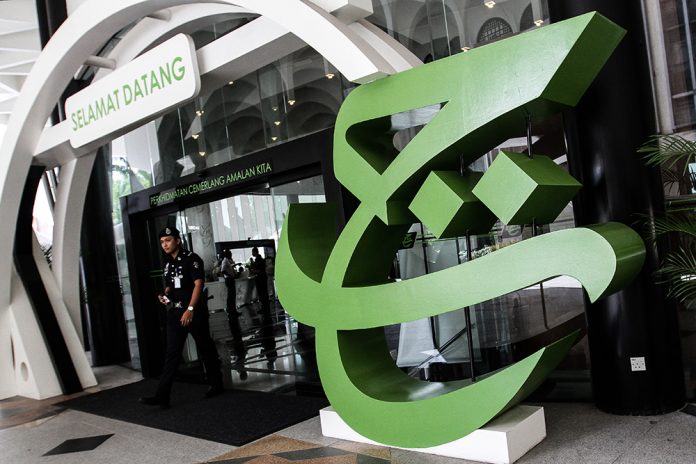
KUALA LUMPUR, Dec 10 — The Auditor-General’s (A-G) Report 2019 Series 1 released today showed that Lembaga Tabung Haji (LTH) has not collected outstanding principal repayments and profit charges amounting to RM65.86 million from its subsidiary companies.
The report also found that LTH had failed to collect a penalty of RM161,822 which should have been imposed on the subsidiary companies for the delayed principal repayment of loans amounting to RM449.65 million.
The audit is important to ensure loans and loan repayments of LTH’s subsidiary companies comply with acts, financial regulations and laws.
In its recommendation, the A-G suggested LTH enforce the terms of the loan repayment agreements to reclaim all outstanding arrears.
“Tabung Haji must collect the total principal amount and all overdue profit charges up to August 31, 2020 and ensure all efforts to obtain loan repayments are done on time, and it should also review its monitoring mechanism for loan repayments that have been given.
“This is to ensure that the operational interests of Tabung Haji are not affected and the subsidiary companies are fully responsible in ensuring that the loans provided have been repaid in accordance with the agreement,” the A-G said in the report.
In a separate statement earlier today, A-G Datuk Nik Azman Nik Abdul Majid said a total of 15 performance audits were carried out on RM15.71billion worth of programmes, activities and projects at 12 ministries for the A-G’s Report 2019 Series 1.
He said generally, all federal government programmes, activities and projects are implemented according to the set objectives, but there are still weaknesses, such as the target “output” and “outcome” that cannot be achieved or cannot be evaluated.
The audit is to assess whether government activities, projects and programmes have been implemented prudently, efficiently and effectively, as well as the extent of the objectives that these activities, projects and programmes have achieved.
It also aims to assess the extent where public money has been spent prudently, efficiently and effectively without waste and to get the best value for money.


